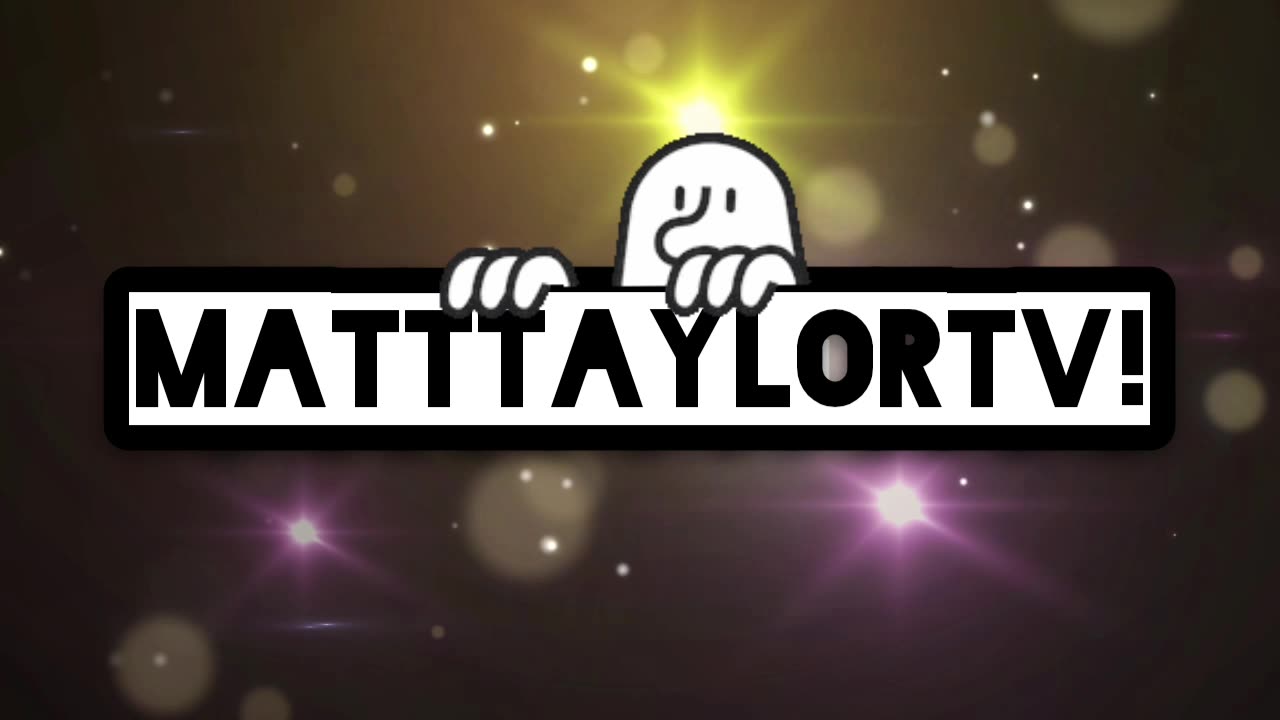Premium Only Content

The Third Party Narrative...
The Danger of Believing Third-Party Narratives Without Considering the Subject's Perspective.
In any society, the power of narrative is immense. People often rely on stories shared by others to form opinions about individuals, events, or groups. However, a troubling phenomenon emerges when people accept third-party accounts as absolute truth while actively silencing or disregarding the subject's own version of events. This mindset not only erodes the principles of fairness and balance but also reveals a deeper insecurity: the fear that allowing the subject to speak might upend the carefully curated narratives of the third parties.
The Appeal of Third-Party Narratives.
Third-party narratives offer a sense of security and simplicity. When others tell us stories about someone, they often come pre-packaged with a moral lesson or a clear perspective, sparing us the effort of investigating or analyzing the situation ourselves. This tendency is amplified in a world dominated by social media, where information flows rapidly, and judgment is passed with the click of a button. Believing these narratives gives people a sense of belonging to a collective judgment, reinforcing their social identity and validating their worldviews.
In addition, third-party accounts often carry the illusion of objectivity. People may assume that those who are not directly involved in a situation are more impartial, despite the fact that third parties often have their own biases, motivations, or agendas. This misplaced trust can lead to the uncritical acceptance of narratives that may be incomplete, misleading, or even outright false.
Silencing the Subject: A Fear of Conflict.
The refusal to allow the subject of a narrative to share their perspective often stems from fear—fear of complexity, fear of contradiction, and fear of uncertainty. If the subject’s version of events conflicts with the third-party accounts, it challenges the validity of the initial narrative and forces people to reassess their beliefs. This cognitive dissonance can be deeply uncomfortable, as it requires individuals to confront their biases and acknowledge that they may have been misled.
Furthermore, those who propagate third-party narratives may feel threatened by the subject's voice because it undermines their control over the story. Allowing the subject to speak introduces a new layer of complexity, shifting the power dynamics and creating the possibility that others might side with the subject. In this way, silencing the subject becomes a defensive mechanism to protect the established narrative and avoid accountability for perpetuating potential falsehoods.
The Consequences of Suppressing the Subject’s Voice.
When individuals are denied the opportunity to share their version of events, the consequences are profound. First, it leads to a one-dimensional understanding of the situation, where critical nuances and contexts are lost. This not only harms the subject, who is unjustly judged, but also deprives society of a more complete and accurate picture of reality.
Second, this silencing reinforces harmful patterns of injustice. Throughout history, marginalized individuals and groups have often been denied the right to speak in their defense, while dominant narratives shaped public perception. By uncritically accepting third-party accounts, people perpetuate these injustices and contribute to a culture where the truth is subordinate to convenience or bias.
Finally, the suppression of the subject’s voice creates a chilling effect. It sends a message that one’s perspective is irrelevant or unwelcome, discouraging others from speaking up in similar situations. This fosters a culture of silence and conformity, where dissenting voices are drowned out by the louder, more established narratives of third parties.
Moving Towards Fairness and Understanding.
To overcome this mindset, individuals must cultivate a commitment to fairness and critical thinking. This begins with recognizing the limitations of third-party narratives and actively seeking out the subject’s perspective. Listening to multiple sides of a story does not necessarily mean taking one side over another; rather, it is an acknowledgment that truth is often complex and multifaceted.
Furthermore, fostering a culture of open dialogue and empathy is essential. People must be willing to engage with perspectives that challenge their assumptions, even when it is uncomfortable. This requires humility and a willingness to admit that one’s initial judgments may have been premature or incorrect.
Lastly, individuals must hold third parties accountable for their narratives. When someone spreads stories about others, it is important to question their motives, biases, and evidence. Encouraging transparency and accountability in storytelling can help mitigate the spread of false or incomplete narratives.
In Conclusion.
Believing everything said about a person by third parties, while silencing the person in question, is a mindset rooted in fear and convenience. It sacrifices truth and fairness for the comfort of simplicity and the illusion of certainty. By embracing a more balanced and critical approach to narratives, individuals can foster a culture that values truth, fairness, and understanding, ensuring that everyone’s voice is heard and respected. Only then can society move closer to justice and genuine human connection.
-
 24:08
24:08
MYLUNCHBREAK CHANNEL PAGE
1 day agoUnder The Necropolis - Pt 4
184K33 -
 19:52
19:52
Adam Does Movies
12 hours ago $5.44 earnedEmilia Pérez Movie Review - It's Uniquely Awful
53.2K3 -
 20:07
20:07
BlackDiamondGunsandGear
17 hours agoSPRINGFIELD ECHELON COMPACT / NOT GOOD
51.7K3 -
 1:05:06
1:05:06
Man in America
18 hours agoThe Terrifying Truth Behind Chemical Fog, Wildfire Smoke & Chemtrails w/ Dr. Robert Young
52.7K87 -
 2:54:47
2:54:47
Tundra Tactical
11 hours ago $16.83 earnedSHOT Show 2025 Wrap Up!! On The Worlds Okayest Gun Live Stream
87.2K5 -
 LIVE
LIVE
Right Side Broadcasting Network
1 day agoLIVE REPLAY: President Donald J. Trump Holds His First Rally After Inauguration in Las Vegas - 1/25/25
3,591 watching -
 2:55:24
2:55:24
Jewels Jones Live ®
1 day agoWEEK ONE IN REVIEW | A Political Rendezvous - Ep. 107
141K45 -
 1:33:29
1:33:29
Michael Franzese
1 day agoTrump Wastes No Time: Breaking Down Trump’s First Week Executive Orders | LIVE
148K126 -
 1:26:44
1:26:44
Tactical Advisor
20 hours agoTrump Starting Strong/Shot Show Recap | Vault Room Live Stream 015
105K9 -
 10:18
10:18
MrBigKid
16 hours ago $2.41 earnedInsanely Compact Hunting Tripod you HAVEN'T heard of... Revolve
58.6K5